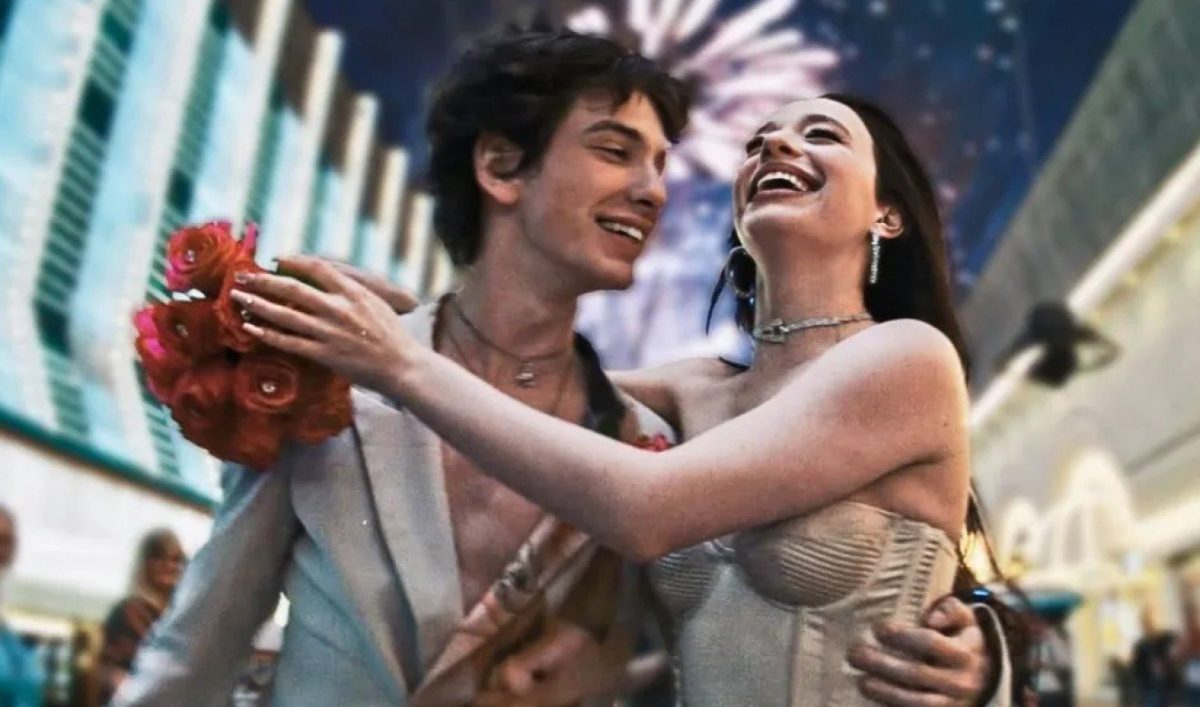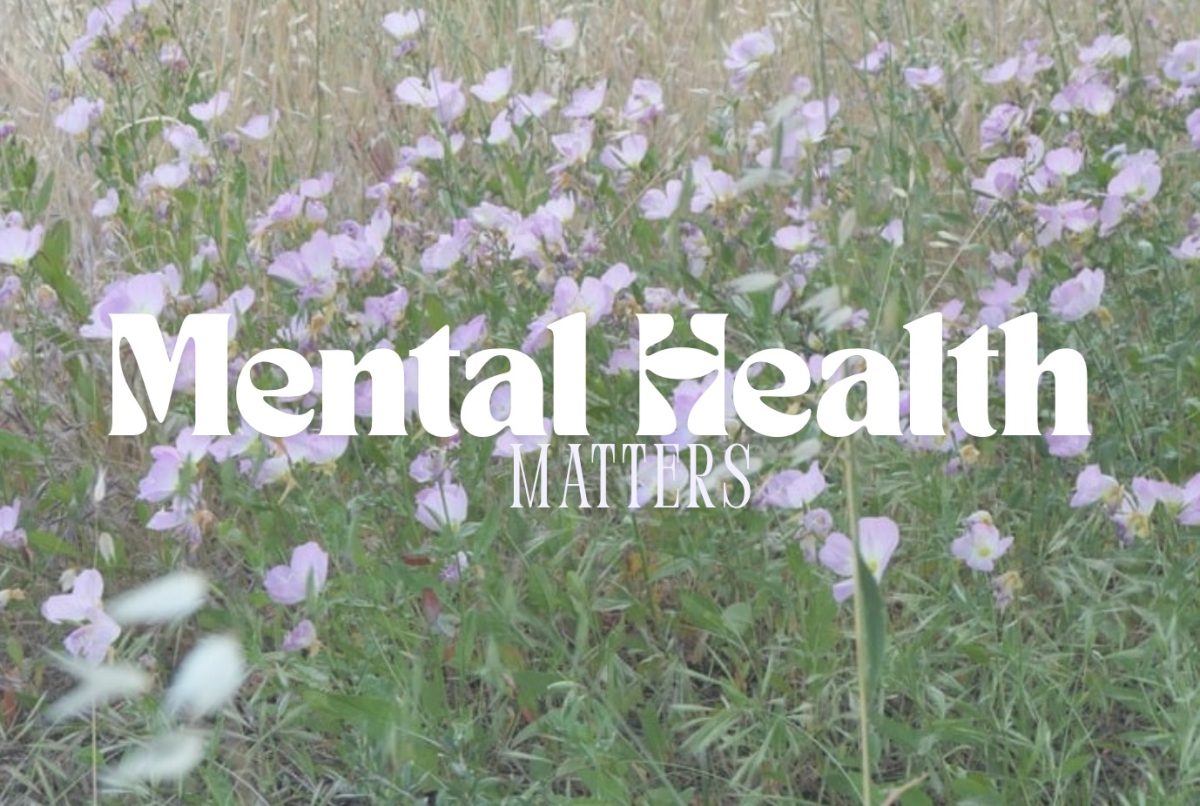“Sweetpea” (2024), a dark comedy-drama directed by Kirstie Swain and directed by Ella Jones, delivers a chilling yet darkly humorous story of sociopathic protagonist Rhiannon.
The film stars Ella Purnell as Rhiannon, a seemingly ordinary woman in a small Welsh town, working as a receptionist at the Carnsham Gazette. She dreams of being a junior reporter. However, she is constantly overlooked and ignored, leading to her growing resentment towards those around her. Her unresolved anger prompts her to maintain a “kill list,” with much of her rage directed at Julia Blenkinsopp, a former high school bully whom she blames for her unremarkable, timid life.
As Rhiannon’s frustrations grow, her dark impulses drive her to lash out violently, raising suspicion and fear among the town. People begin to look for answers while she attempts to maintain a facade of normalcy, working as a journalist to write about the murders she has committed. Quickly, the investigation into the murders intensifies with the detective Marina following the increasingly paranoid Rhiannon’s tracks. The series concludes on an ambiguous note, with the question of whether justice is served remaining unanswered.
Rhiannon’s character arc seems to pivot on the thin line between justice and a darker compulsion, revealing a perhaps insatiable desire for killing. The way she selectively targets “horrible” people suggests a vigilante complex, although as her justifications weaken, it becomes clear that her motivation goes beyond simple retribution. The gradual erosion of her moral compass invites viewers to reflect on whether she is driven by a genuine desire to rid the world of “bad” individuals or by an uncontrollable need to indulge her own violent impulses. The ending leaves viewers with a reflection on Rhiannon’s character and the aggressive aspects of human nature. At some point, the matter of whether Rhiannon realizes the immorality of her actions or simply remains oblivious to her true motivations is called into question.
Purnell delivers an engaging and committed performance to convey Rhiannon’s emotions, making her an sympathetic character despite her disturbing actions. It was especially enjoyable to see the juxtaposition between Rhiannon and a detective Marina, who suspects Rhiannon to be responsible for the murders around town. They both suppress their anger and maintain a “kill list”. This difference, however, is that while Marina has the control and awareness to understand that she should not bring the violence in her imagination to reality, Rhiannon gives in to hers without hesitation. It would have been interesting to explore Marina’s backstory further, especially given how different her morals are from Rhiannon’s.
After watching the series, viewers will be left thinking about the duality of human nature, morality and justice and the moments in which they may have felt trapped in their own lives.












![UNSUNG HEROES — Fred Korematsu, Karen Korematsu and Aiko Herzig-Yoshinaga are awarded the Asian American Justice Medal to recognize their fight for justice following the incarceration of Japanese Americans during World War II. In addition, scientists Shuji Nakamura, David Ho, Tsoo Wang, Mani Menon and Chih-Tang “Tom” Sah receive the Asian American Pioneer Award. "[As a scientist,] it is crucially important to be able to communicate your work and your discoveries to [not only] other scientists, but also to the general public," Ho said. Photo by Talia Boneh](https://cmagazine.org/wp-content/uploads/2025/07/useee-1200x800.jpg)


